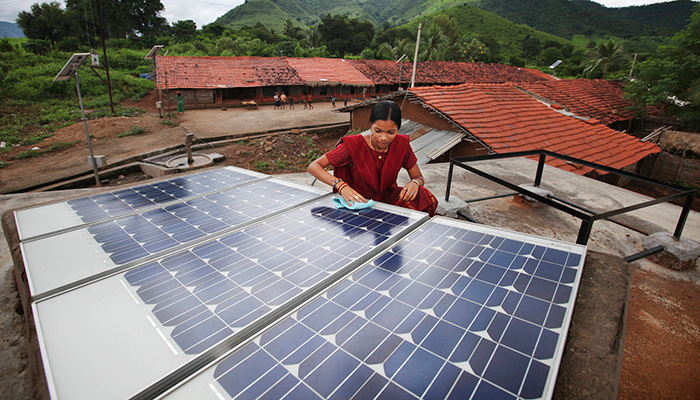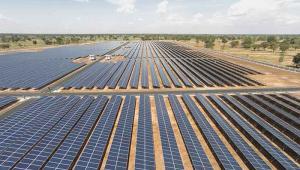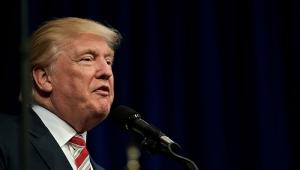The Basic group of countries, made up of Brazil, South Africa, India and China called on the world’s wealthy nations to honour their pledge to deliver $100bn per year to the developing world by 2020 in a statement following a meeting yesterday.
It comes only days after the world’s biggest economies were unable to issue a statement agreeing they are still committed to the 2015 Paris Agreement on climate change, as the new US administration “reanalyses” its energy policy.
As the most exposed to the impact of climate change, developing countries are well-motivated to respond. However adapting to and preventing its effects is a costly endeavour, running into the billions every year – resources developing nations do not have.
The United Nations Environment Programme puts adaptation costs for sub-Saharan Africa alone at $67bn by 2050, even if the world meets its target of limiting temperature rises to below 2°C.
Basic ministers recalled the “legal obligations” of developed countries under the Paris Agreement to provide financial, technological and capacity-building resources.
They urged countries to scale up funds towards the $100bn per year goal, and scale these up “significantly” after 2025.
The $100bn pledge, which developed countries have actually been targeting since 2008, was put on paper in 2015’s historic agreement between almost 200 countries to tackle climate change, however in the non-legally binding section.
While developed countries subscribe to the findings of a report by the OECD and Climate Policy Initiative think-tank, which put climate finance from developed to developing countries at $57bn in 2013-14, measuring such flows is a notoriously tricky endeavour.
Not only does it rely on donors’ own self reporting, with methods of measurement for certain kinds of climate cash still in need of substantial refinement, there is still heated debate around what does and doesn’t count towards the target.
Accordingly, the Basic countries “emphasised the need for further clarity and robust methodologies to track and account” for climate finance.
Finally, they urged “all signatories to stay the course” on their obligations under the Paris Agreement as a whole.
The US’s nascent leadership on climate change, cultivated by former president Barack Obama, has quickly died out with the change in administration. President Donald Trump has in the past described climate change as a “hoax”.
Since taking office, Trump has moved to cut funding for climate change initiatives, dismantled Obama-era energy policies intended to reduce coal power, and left the future of global initiatives on climate change uncertain.
Without the world’s second-biggest emitter onboard, the Paris Agreement would be hamstrung unless other nations agreed to scale up their carbon-reduction plans to pick up the slack left by America. The US’ new stance also makes it easier for other countries, such as Saudi Arabia, to resist change.














